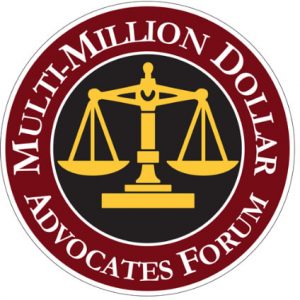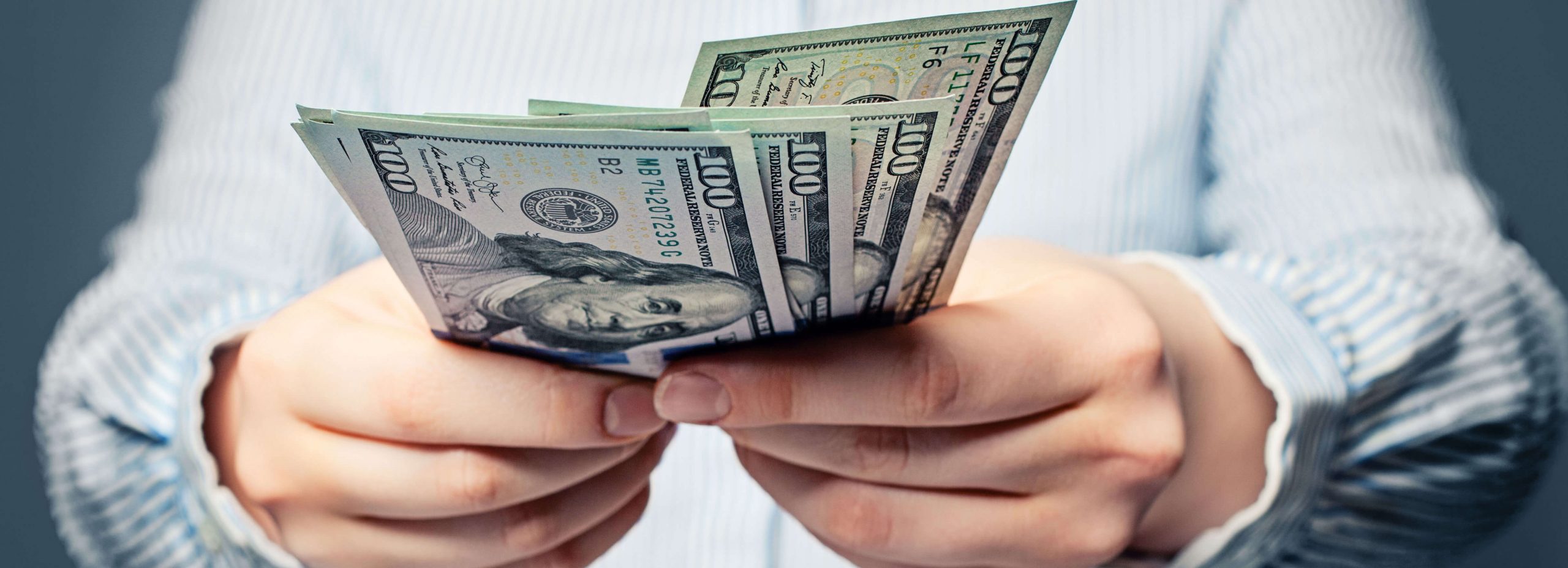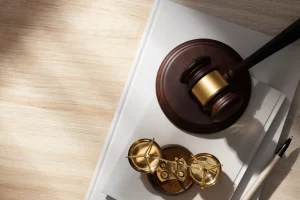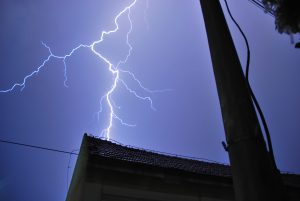Table of Contents
ToggleSue a Hotel
Paying and non-paying guests can sue a hotel, resort, motel, or another lodging establishment in various situations. Most of these involve negligence. The specific type of negligence that led to your injury will determine how best to approach your hotel lawsuit and what evidence you and your attorney must gather. Every hotel is legally responsible for keeping the premises reasonably safe and in proper working order. When the establishment fails to do this, and you get hurt, you can file a lawsuit under Florida’s premises liability laws.
Specific Types of Hazards You Can Sue a Hotel For
You could sue the hotel if you suffered an injury due to a hazard, such as:
- Wet, slippery, cracked, uneven, or otherwise damaged floors
- Frayed, torn, or unsecured carpeting
- Poorly lit hallways, parking lots, or stairwells
- Swimming pool hazards
- Unsafe bathrooms (bathtubs without slip-resistant finishing or handles for holding)
- Attacks from hotel staff, guests, loiterers, or others
- Unintentional harm from staff
- Unlocked or broken doors or windows
- Lack of building security or other negligent security issues
- Exposure to mold, fumes, asbestos, lead, or other toxic substances
- Defective elevators
- Parking lot hazards and dangerous exterior conditions
- Poorly placed objects/tripping hazards
- Serving a minor or an already-intoxicated person
- Unclean spaces/inadequate sanitation
Suing for Premises Liability Issues at a Hotel
In many cases, hotel accident lawsuits are based on premises liability issues. These are dangerous or defective conditions on the property that cause harm. A pile of sand left by the elevator that causes you to slip or an electrical outlet that shocks you when you plug in a lamp are examples of dangerous conditions. An elevator that shuts down mid-operation and a swimming pool without a no-diving warning represent defective conditions.
When conditions like these lead to your injury, you can sue the hotel for negligence under premises liability laws. That’s because Florida requires business owners such as hotels to keep their properties reasonably safe for guests and visitors.
Suing the Hotel for General Personal Injury
If you suffered harm at a hotel that wasn’t the result of a premises liability issue, you might have a general personal injury claim. For example, suppose a staff member ran into you with the luggage cart or a drunken guest served at the bar attacked you in the elevator. None of these incidents are particularly tied to hazardous conditions at the hotel but are simply the result of another person’s actions or negligence.
A Hotel Can Be Responsible for Its Employees’ Actions
First, under Florida law, businesses are responsible for the actions of their employees when they are on the job. If an employee at the hotel, such as a housekeeper, security guard, front desk staff member, or maintenance person, harms you either intentionally or unintentionally, the hotel owner or operator may be financially responsible for paying you compensation through the concept of vicarious liability.
Negligent Hiring and Supervising at a Hotel
Vicarious liability holds hotel owners and operators responsible even if they do nothing wrong. But you can also hold the hotel owner-operator directly responsible for negligence when their employees do something wrong. If the hotel’s decision-makers fail to do their jobs when hiring, training, and supervising staff members, the law considers them negligent.
Giving a new night auditor the responsibility of admitting visitors after hours without teaching him the proper safety protocol is direct hotel negligence. If an unduly admitted visitor goes on to assault a hotel guest, the hotel is directly responsible.
Damages You Can Sue a Hotel For
Regardless of your injuries’ origin, you can seek economic and non-economic damages under Florida law. You can sue the hotel for any financial losses you experience because of your injuries and pain and suffering. These include the following:
- Medical treatment costs
- Physical therapy
- Property damage
- Diminished earning capacity
- Lost income and benefits
- Travel costs
- Replacement of domestic services
- Mental health therapy or counseling
After a hotel accident or incident, you can also sue for emotional distress and other non-economic damages. This category includes pain and suffering and other non-monetary losses, such as:
- Physical pain due to injuries
- Post-traumatic stress disorder (PTSD) and other psychological disorders
- Inconvenience
- Shame or humiliation
- Reduced enjoyment of life
- Emotional distress, such as fear, anxiety, sadness, etc.
- Loss of consortium
Suing a Hotel for Invasion of Privacy
Our attorneys are often asked by clients, “Can I sue a hotel for invasion of privacy?” and the answer is yes, under certain circumstances. In Florida, guests have a reasonable expectation of privacy in places like hotel rooms and bathrooms. If a hotel installs hidden cameras, allows unauthorized staff to enter your room without permission, or discloses your personal information to third parties without consent, you may have grounds for a hotel lawsuit based on invasion of privacy.
Florida law recognizes several privacy torts, including “intrusion upon seclusion” and “publication of private facts,” both of which can apply to hotel misconduct. Under Florida Statutes § 934.03, it’s also illegal to intercept or record a person’s communication without consent—this law has been cited in past hotel privacy cases involving unauthorized surveillance.
Our Attorney Can Help You Sue a Hotel for Personal Injury
There are many injuries, scenarios, and damages that you may be able to sue a hotel for if the establishment demonstrated negligence. If want to learn more about how you can recover compensation from a hotel, a Fort Lauderdale hotel accident lawyer at the Law Offices of Wolf & Pravato can help you consider your options and next steps. Call us right now for a free consultation at (954) 633-8270.
FAQs: Sue a Hotel
1. What grounds can I sue a hotel for?
A. You can sue a hotel for various reasons, primarily involving negligence. Common grounds include slip and fall accidents, inadequate security, exposure to hazardous substances, and injuries caused by hotel staff or defective conditions on the premises.
2. How do I prove negligence in a hotel injury case?
A. To prove negligence, you must show that the hotel failed to maintain a reasonably safe environment and that this failure directly caused your injury. Evidence can include maintenance records, witness statements, and photos of the hazardous condition.
3. How can a lawyer help me sue a hotel?
A. A lawyer can help you by gathering evidence, proving negligence, negotiating with the hotel’s insurance company, and representing you in court to ensure you receive fair compensation for your injuries and losses.
4. Can I sue a hotel for emotional distress?
A. Yes, you can sue for emotional distress and other non-economic damages if the hotel’s negligence caused psychological harm, such as PTSD, anxiety, or depression.
5. Is a hotel responsible for its employees’ actions?
A. Yes, hotels can be held responsible for their employees’ actions under the concept of vicarious liability. This means the hotel owner or operator may be financially liable for harm caused by employees while on the job.






















